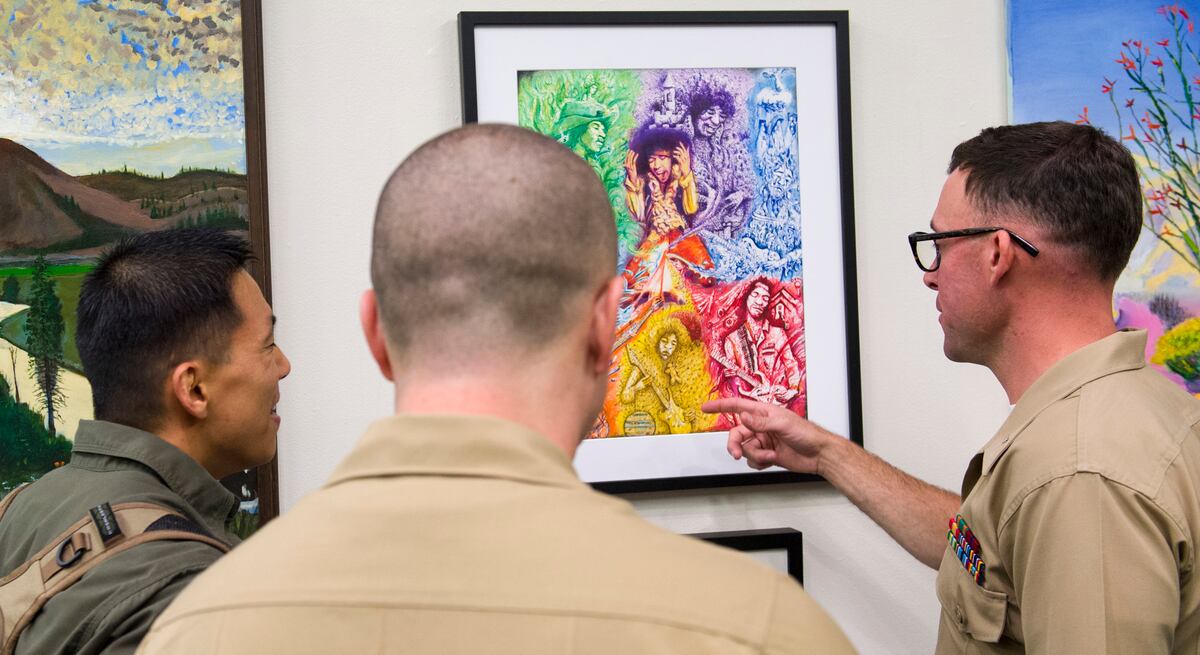Several advertisements line the walls of Virginia’s Norfolk International Airport touting “get a bachelor’s quick” route for service members. Some are from reputable schools. Some are not.
More than half of the Navy’s sailors were primarily motivated to join the military for educational benefits. Yet the current system for enlisted sailors to obtain higher education is not structured to support them after they leave the service.
Some assume that hard-charging sailors will figure out the college application process on their own.
Yet more than 60 percent of service members who would become first-generation college students are without a reliable network to light the way. Furthermore, predatory for-profit schools capitalize on this and deliberately push misleading information.
The Navy College Office is configured primarily for sailors to obtain credits and a degree for advancement within the service.
This is a superb resource in theory. An educated sailor is a sound investment.
Yet, within this system, a degree from Harvard University — which has a 98 percent graduation rate — and the University of Phoenix, where 17 percent of students graduate, are treated the same.
You can look up the stats for yourself on the U.S. Department of Education’s College Scorecard.
The tuition assistance that’s approved at predatory for-profit schools often leaves students saddled with debt and non-transferable credits.
Not all distance learning programs are predatory, and many are specifically structured to handle the unpredictability inherent to military life. But the Navy’s resources are insufficient to aid sailors who want to earn a degree after leaving the service.
Sailors should learn the college application process years before they leave the military but it’s not even included in the transition process at the end of their careers.

Fortunately, several non-profit organizations fill the gap. Service to School provides free application guidance and mentorship to service members and veterans applying to college and graduate school.
S2S helps veterans gain admission to the best schools possible for them, which includes selective colleges and universities like Ivy League institutions.
Warrior-Scholar Project also holds academic boot camps on campuses nationwide to prepare enlisted service members and veterans for success in the classroom.
These organizations participate in the Marine Corps’ Leadership Scholar Program — an initiative that helps junior enlisted Marines gain admission to selective colleges.
There is currently no equivalent program in the Navy.
RELATED

I’ve had the opportunity to mentor several veterans who thought that college, especially studying at top schools, was out of the question because of poor high school grades or interrupted education. They had the brilliance and grit to succeed on campus — just as they demonstrated in the service— but they needed a map to get there.
If mission success relies on having a plan, the Navy benefits by helping sailors blueprint their post-service educational journeys well in advance. Furthermore, the best recruiter is a veteran who has had a positive experience — why not help prepare sailors to thrive after they take off the uniform and enter campuses where the civil-military divide is most pronounced?
At the University of California at Berkeley, the Cal Veterans Service Center is in the same building as the units in the Reserve Officer Training Corps.
Marine vet Christopher Pollock said that it motivates him to actively participate on campus. “When I see the ROTC students walking by, it makes me want to work harder in class. I should have a say in our future too,” he said.
Shouldn’t we motivate all sailors, too?
Lt. Andrea N. Goldstein, U.S. Navy Reserve, is a veteran and the Chief Executive Officer of Service to School. She is a 2016 Pat Tillman Scholar and used her GI Bill to earn a master’s degree from the Fletcher School of Law and Diplomacy at Tufts University. Her views do not necessarily represent those of the U.S. Department of Defense.





